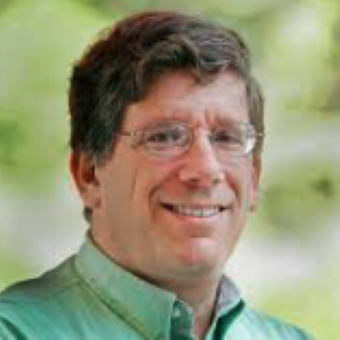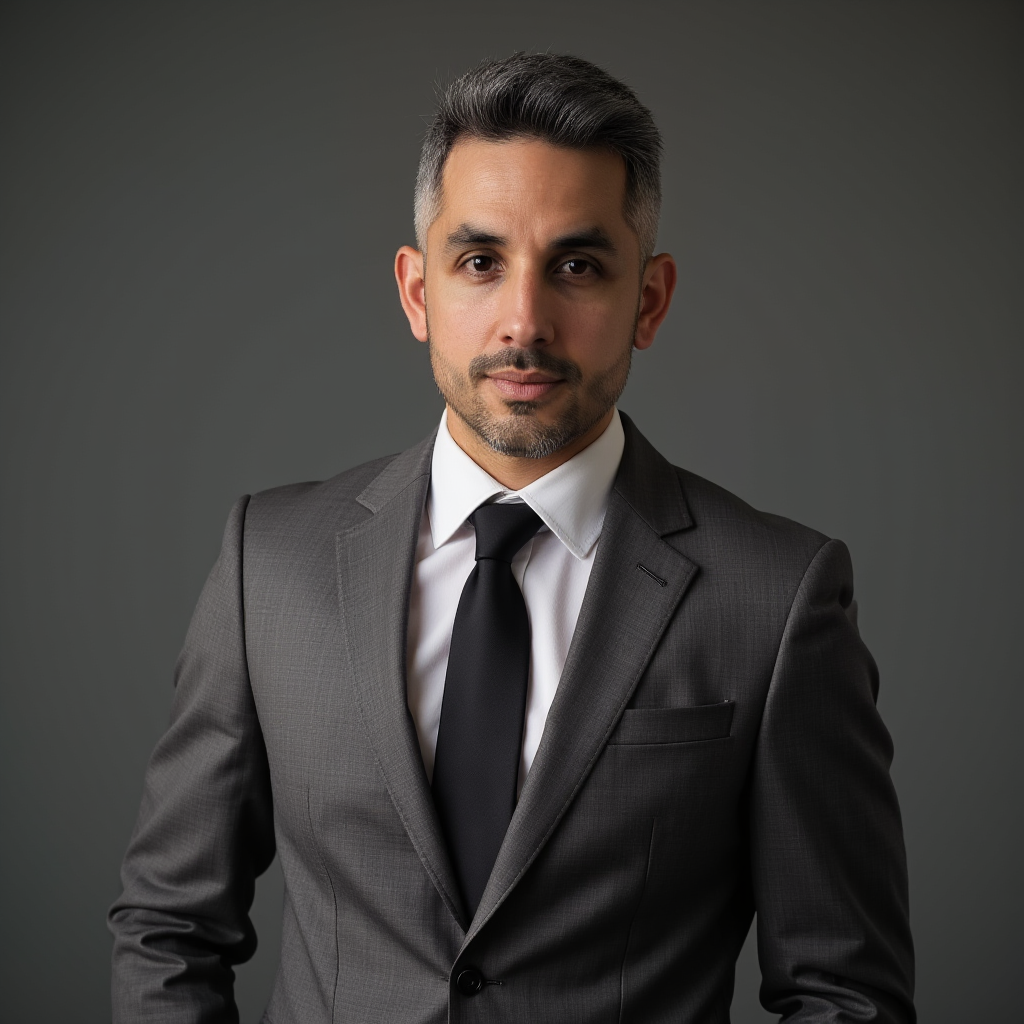Past Faculty Seminars
BOLLI offers seminars led by distinguished faculty members in the summer and winter months.
Billy Flesch
Professor of English
In the recent New York Times feature on the hundred greatest books since 2000, Helen DeWitt's The Last Samurai came in 29th, and some follow-up articles suggested it should be ranked even higher. The book, first published in 2000, has nothing to do with the 2003 Tom Cruise movie. (DeWitt wanted to call it The Seventh Samurai, but the film studio was afraid of confusion so they agreed on her title.) The book is wonderful and unforgettable -- profoundly funny, hilarious, and moving, and persistently and brilliantly inventive and deep at the same time. Its two main characters (a brilliant mother and her genius pre-adolescent son) are obsessed with the movie, which -- in completely unexpected ways -- shows them how to lead their own lives. DeWitt will zoom in for our last class, and that promises to be a memorable experience.
Billy Flesch
Professor of English
Before Ed McBain there was Dashiell Hammett, who you could say invented film noir with his amazing hard-boiled detective novels. Hammett is now recognized as one of the greatest American writers of the twentieth century. We'll read two linked short stories by Hammett (together they're called The Big Knockover) as well as The Maltese Falcon and watch John Huston's amazing 1941 adaptation of it, arguably the first actual film noir.

Gil Harel
Professor of Musicology
Giacomo Puccini's operas evince a brilliance that made him a worthy successor to Verdi. Born in Lucca in 1858, he grew up steeped in an Italian operatic tradition that had first flourished in the early baroque period. Puccini lived well into the 20th century and thus, lived through the seismic musical shifts brought about by the then-nascent modernist movement. Despite this, his music eschews much of the modernist aesthetic, instead embracing the romantic spirit that had flourished in Italian opera throughout the 19th century. From Manon Lescaut to Turandot, listeners appreciate the sublime scores filled with unforgettable melodies, exotic influences, and stirring climaxes that leave an indelible mark on the audience member. These musical moments frame stories of love, betrayal, adventure, and often, hope smashed asunder. During this series, Professor Gil Harel will discuss the remarkable (and often scandalous) biography of a man whose works remain ensconced in the operatic repertoire all over the western world.
Gil Harel
Professor of Musicology
Though opera was born at the dawn of the baroque period, it was in the age of Enlightenment that the genre reached a kind of apotheosis in the very capable hands of Wolfgang Mozart. Through his collaborations with Lorenzo Da Ponte, Mozart forged a style that continues to constitute an important part of the standard repertoire today.
During this class, Professor Gil Harel will compare two of the “Da Ponte operas”: The Marriage of Figaro (1786) and Don Giovanni (1787). Through his exaltation of melody, Mozart would influence composers who took the proverbial baton and became forerunners of the “Bel Canto” style. As the name suggests, beautiful singing – and the melodies to be sung – were are the core of this style. As our seminar progresses, we will analyze famous works including Il barbiere di Siviglia, Lucia di Lammermoor, and finally, an opera that retains bel canto elements while forging something new: Verdi's La Traviata.
Gil Harel
Professor of Musicology
There are many metrics by which one might assess the quality and success of a Broadway show. Typically, this involves nominations for prestigious accolades (e.g., the Tony Awards), as well as box office drawing power, national tours, revivals, and the like. But not every great show has an initially favorable reception, and these shows sometimes languish in obscurity until they are rediscovered and elevated by appreciative fans.
During this seminar, Professor Gil Harel will discuss five shows that did not do especially well with respect to awards ceremonies, but have gone until to become venerated standards in the repertoire. Among these five shows, we will consider two by Stephen Sondheim: Pacific Overtures (1976), and Merrily We Roll Along (1981). Among the other shows that we'll examine, we will consider works by iconic composers including Stephen Schwartz and Alan Menken. BOLLI members can expect to encounter great music, compelling plots, and fascinating insider stories as we study some of Broadway's hidden gems.
Past Seminars
"Macbeth Noir"
Billy Flesch
Professor of English
"From Bach to Beethoven: Music in the 18th Century"
Gil Harel
Professor of Musicology
"Hag-seed: Shakespeare's The Tempest Retold"
Billy Flesch
Professor of English
"Beethoven's Shadow"
Gil Harel
Professor of Musicology
"Hamnet:" A Novel of the Plague
Billy Flesch
Professor of English
"A Night at the Opera"
Gil Harel
Professor of Musicology
"Mozart: Man, Myth, Legacy"
Gil Harel
Professor of Musicology
"A Midsummer's Night Dream"
Billy Flesch
Professor of English
"The Rise of the Virtuoso"
Gil Harel
Professor of Musicology
"The Great Gatsby"
Billy Flesch
Professor of English
"The Plot Against America"
Billy Flesch
Professor of English
"Music in the Theater: From 'Madama Butterfly' to 'Wicked'"
Gil Harel
Professor of Musicology
"The Birth of the Musical Baroque: From Vivaldi and Corelli to Handel and Bach"
Gil Harel
Professor of Musicology
"Shakespeare's Coriolanus and Political Tragedy"
Billy Flesch
Professor of English
"The Music and the Nations: European Legacies"
Gil Harel
Professor of Musicology
"To Kill a Mockingbird: After 60 Years"
Billy Flesch
Professor of English
"Mighty and Immeasurable Beethoven"
Gil Harel
Professor of Musicology